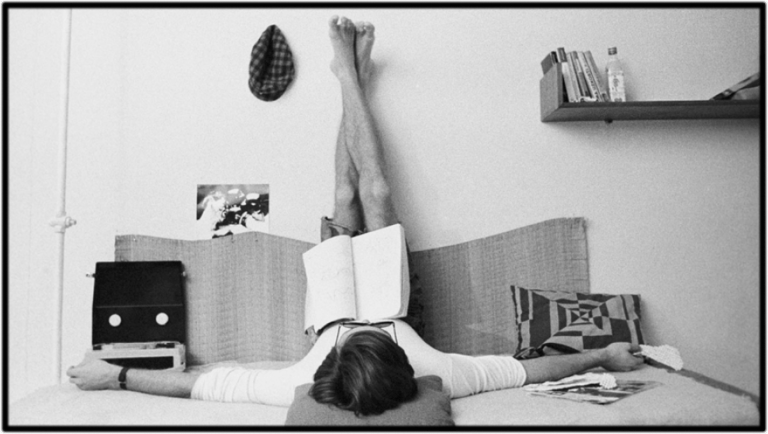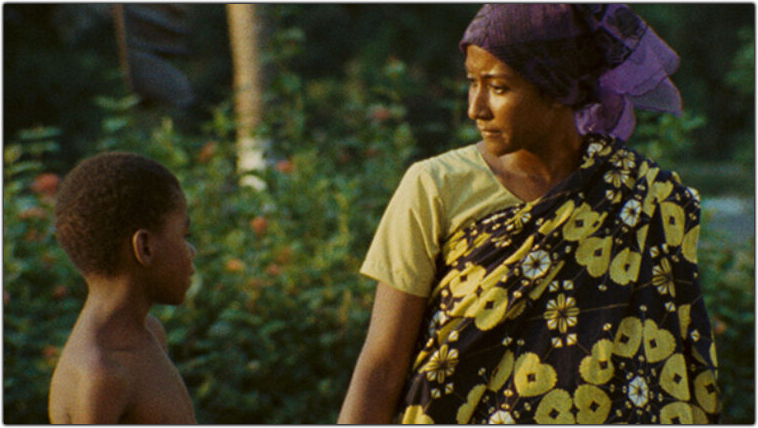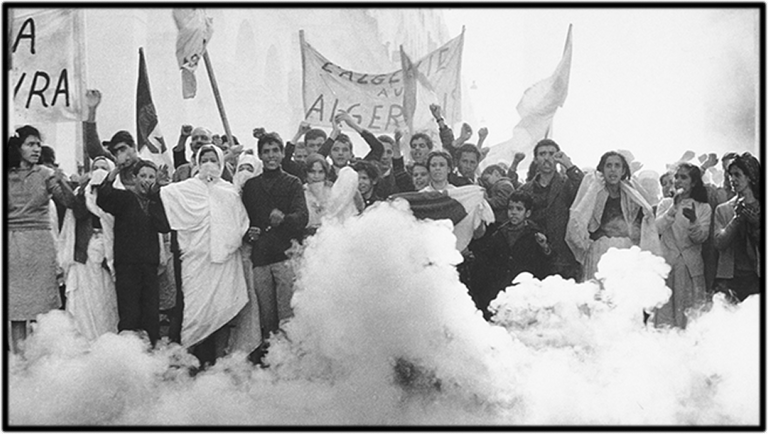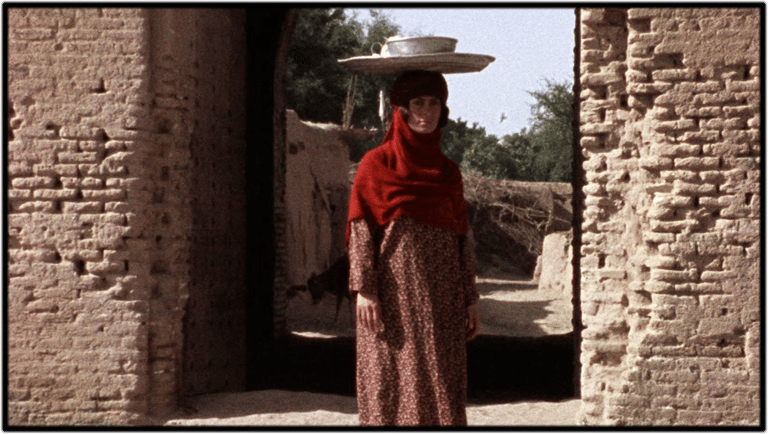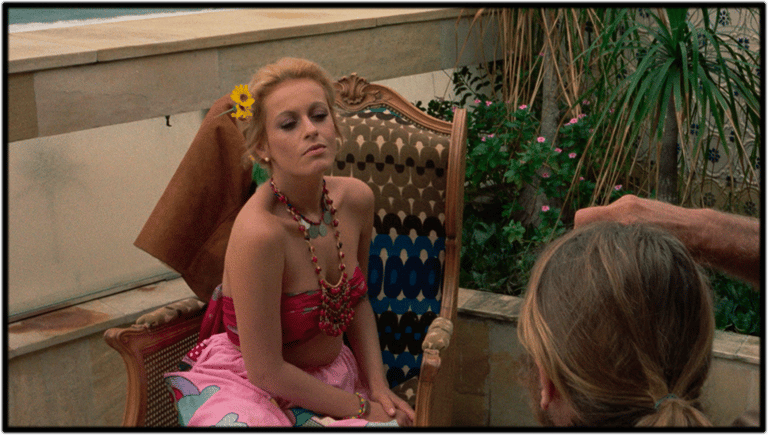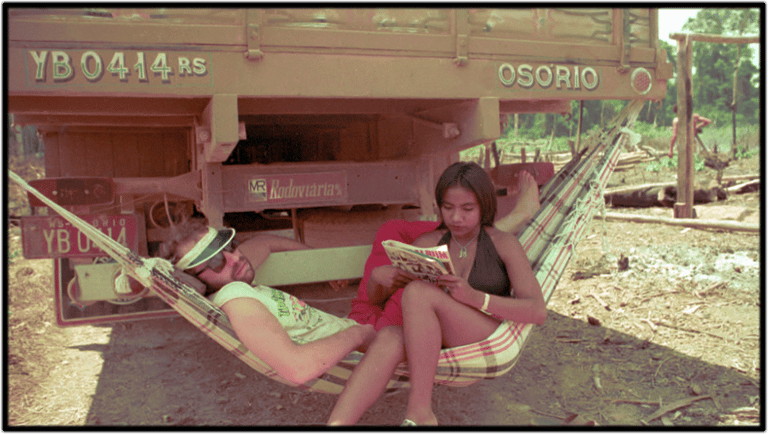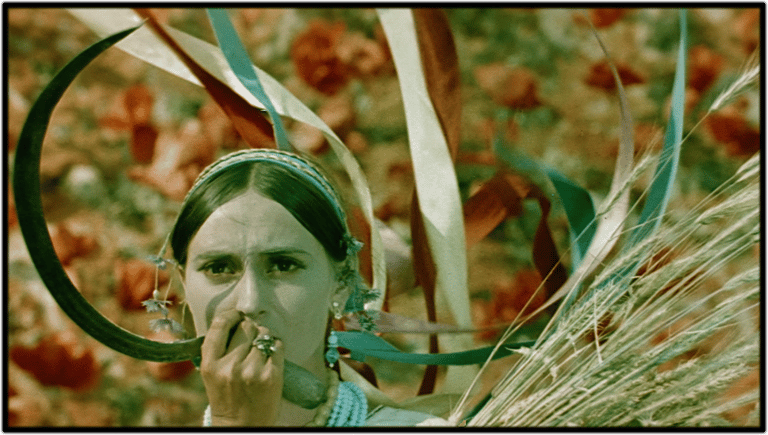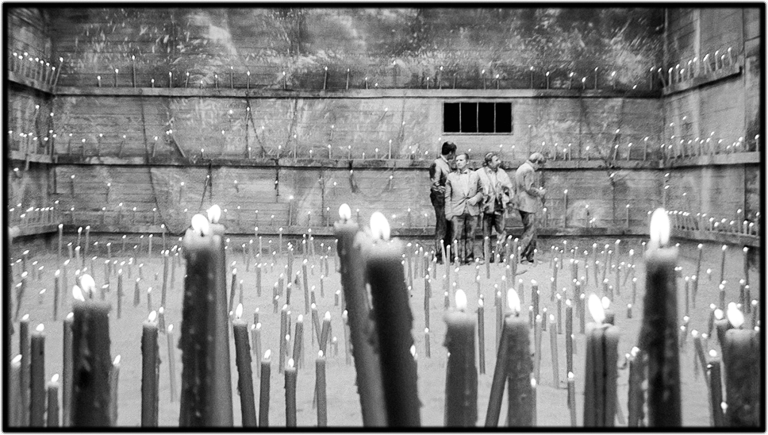FILM CLUB
Film clubs, as an alternative to mainstream cinema repertoires, have a long-standing tradition in various corners of the world. "Taip toliau" invites you to gather for monthly film screenings at the Muzeoteka of the Lithuanian Theatre, Music and Cinema Museum and to stay for informal discussions afterward. We hope this will become a beautiful tradition that will enrich the city's film culture.
The film club program is partially funded by the Lithuanian Film Centre.
dir. Dušan Hanák, Czechoslovakia, 1969
dir. Sarah Maldoror, Portugese Angola, France, People's Republic of the Congo, 1968
13 January 2026 @Muzeoteka
10 February 2026 @Muzeoteka
dir. Gillo Pontecorvo, Italy, Algeria, 1966
4 November @Muzeoteka
10 December @Muzeoteka
idr. Marva Nabili, Iran, 1977
dir. Tereza Trautman, Brazil, 1973
9 September @Muzeoteka
14 October @Muzeoteka
dir. Jorge Bodanzky, Orlando Senna, Brazil, West Germany, 1975
dir. Yuri Ilyenko, Ukraine, 1968
3 June @Muzeoteka
9 July @Deep Rivers Run Silent

